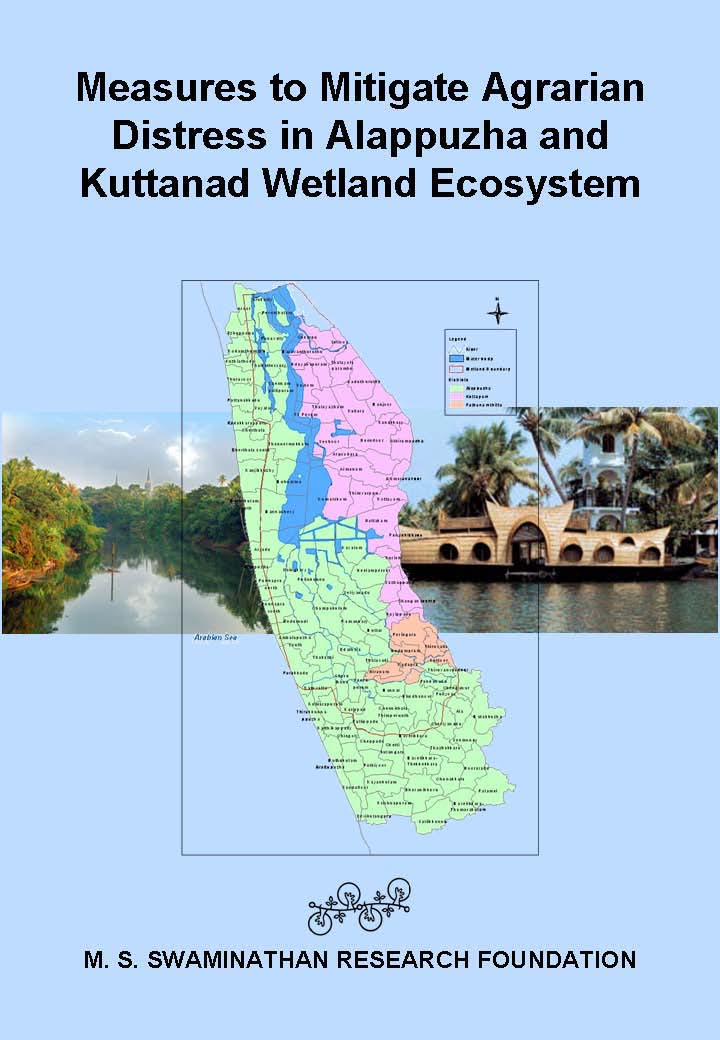Voluntary Citizen or Civil Society Sector
Prospects and policy challenges in the Twelfth Plan: A special article by Montek Singh Ahluwalia in EPW
Posted on 14 Jul, 2011 08:55 AMThe year 2011-12 is the last year of the Eleventh Plan and this is therefore an appropriate time to review what has been achieved with a view to identify weaknesses in the strategy that need to be corrected, and also identify new challenges that may require new initiatives. The paper is presented in the hope of spurring a broader discussion on these issues.
Karnataka Jnana Aayoga invites applications for Jnana Fellowship – 2011 at Karnataka – Apply by July 13, 2011
Posted on 12 Jul, 2011 11:51 AMKarnataka Jnana Aayoga is a high powered commission constituted in September 2008 by Sri B. S. Yeddyurappa, the Honourable chief minister of Karnataka. The Commission is independent of the Government and works with and for the Government in policy making and implementation.
National voluntary guidelines on social, environmental & economic responsibilities of business released
Posted on 11 Jul, 2011 01:41 PMHe said the beginning of industrialization marked the transition from merchant charity to industrial philanthropy in India which was more secular, more inclusive in terms of caste, creed and community and more oriented to bringing progress to society through western style modern institutions.
Apart from making political donations for the freedom struggle, business fraternity also contributed towards many of the social and cultural causes. Mahatma Gandhi expounded the theory of trusteeship of wealth. Influenced by his teachings, many businessmen contributed for the cause of removal of untouchability, women’s emancipation and rural reconstruction.
Delhi water privatization: FAQ on background and recent developments
Posted on 10 Jul, 2011 08:09 PMEarlier efforts at introducing privatization in Delhi can be traced to 2002, when the DJB commissioned the Delhi Water Supply and Sewerage Project Preparation Study with the assistance of the World Bank.
Groundwater governance in India – A case study by World Bank
Posted on 09 Jul, 2011 11:43 AMIt examines the impediments to better governance of groundwater, and explores opportunities for using groundwater to help developing countries adapt to climate change. It attempts to understand the practical issues that arise in establishing robust national governance frameworks for groundwater and in implementing these frameworks at the aquifer level.
The case study focused on the national, state and local levels. At the national and state levels, it analyzed the policy, legal, and institutional arrangements to identify the demand and supply management and incentive structures that have been established for groundwater management. At the local level, it assessed the operations, successes, and constraints facing local institutions in the governance of a number of aquifers within peninsula India, on the coast and on the plain of the Ganges river valley.
Development flows from the barrel of a gun – A documentary by AKHRA
Posted on 08 Jul, 2011 10:37 AM
Directed by Biju Toppo and Meghnath, Hindi with English subtitles, 58 mins
Optimal water resource management in water stress condition : A Newsletter of AFPRO Volume 2, Issue 2 of July 2011
Posted on 07 Jul, 2011 11:29 AM Small and marginal farmers are most affected from water stress situations, and need simple, sustainable and effective measures for water conservation and management.
Small and marginal farmers are most affected from water stress situations, and need simple, sustainable and effective measures for water conservation and management.
Sharing the wealth of minerals – A report by Centre for Science and Environment on profit sharing with local communities
Posted on 03 Jul, 2011 08:57 AM The report submits the idea that proposal will go a long way in reducing poverty and deprivation in the mining affected areas. It states that the mining industry’s opposition to the proposal has no basis - statistics prove that sharing profits will not dent the industry’s profitability.
The report submits the idea that proposal will go a long way in reducing poverty and deprivation in the mining affected areas. It states that the mining industry’s opposition to the proposal has no basis - statistics prove that sharing profits will not dent the industry’s profitability.
The central government has come out with a draft Mines and Minerals (Development and Regulation) Bill, 2010 (MMDR Bill) to replace the 1957 Act. The draft bill which has been vetted by a GoM, includes this provision of sharing benefits. The CSE analysis comes out in strong support of this proposal, and clearly establishes how timely and necessary this provision is.
Mining companies and industry in general have been opposing the government’s recent proposal. Their contention is that this provision, if passed by Parliament, would drastically dent their profitability.
Measures to mitigate agrarian distress in Alappuzha and Kuttanad wetland ecosystem – A study report by MSSRF
Posted on 01 Jul, 2011 06:51 AM In spite of its natural wealth, the Alappuzha district has a high proportion of population living in poverty.
In spite of its natural wealth, the Alappuzha district has a high proportion of population living in poverty.
Recognizing that the process of preparation of a mitigation plan report is as important as the product, the MSSRF team held wide ranging consultations with all concerned with the economy, ecological security and livelihood security of Kuttanad wetlands. Information on the consultations held and visits made are given in the report. It contains a malady-remedy analysis of the problems and potential solutions.
The greatest challenge in dealing with multidimensional problems in our country is our inability to generate the necessary synergy and convergence among the numerous government, non-government, civil society and other agencies involved in the implementation of the programmes such as those outlined in this report. This is why the team has suggested both high-level policy guidance and monitoring committee as well as a task implementation mechanism.





